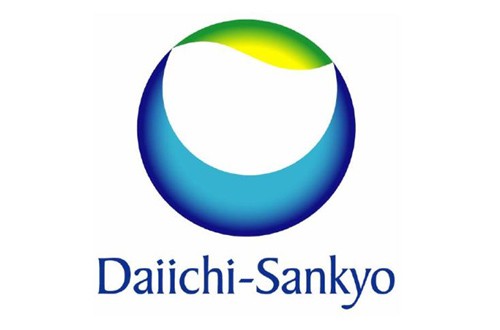 Daiichi Sankyo is gearing up to file its acute myeloid leukaemia (AML) treatment quizartinib in the US, and could now get a speedier review after the FDA awarded breakthrough status for the drug.
Daiichi Sankyo is gearing up to file its acute myeloid leukaemia (AML) treatment quizartinib in the US, and could now get a speedier review after the FDA awarded breakthrough status for the drug.
The new designation – which provides closer cooperation with the agency and possibly a swift approval – comes in the wake of a phase III trial which showed that quizartinib extended survival in AML patients with FLT3-ITD mutations.
Results from the pivotal QuANTUM-R study were presented at the European Heart Association (EHA) meeting in June, and showed patients treated with the FLT3 inhibitor reached a median overall survival of 6.2 months, compared to 4.7 months for patients treated with salvage chemotherapy. After a year, survival was 26% with Daiichi Sankyo’s drug and 20% in the placebo group.
The data suggest that quizartinib could have an advantage over the only other approved treatment in the same class, Novartis’ Rydapt (midostaurin) which was approved in Europe last year, and puts the Japanese company on course to get a return on its $410m acquisition of the drug’s originator – Ambit Biosciences – in 2014.
It could also mark the firm’s first entry into oncology, something it has been working towards for several years through in-house R&D and a series of cancer alliances, with varied success.
In 2014, it was forced to abandon an EGFR-targeted antibody, nimotuzumab, in non-small cell lung cancer (NSCLC) because of side effects, while two years later it halted a trial of HER3 inhibitor patritumab in combination with Roche’s EGFR drug Tarceva (erlotinib) in the same indication on disappointing efficacy data. Patritumab is still in mid-stage testing for head and neck cancer.
Arnaud Lesegretain, Daiichi Sankyo’s vice president, oncology R&D, and head of its AML franchise, said: “There have been limited advances over the past several decades for the treatment of relapsed/refractory FLT3-ITD AML, a very aggressive form of the disease associated with poor prognosis.”
Quizartinib is the first FLT3 inhibitor to significantly improve overall survival as an oral, single agent compared to chemotherapy in patients with relapsed/refractory AML with FLT3-ITD, an underlying driver of this subtype of AML.”




